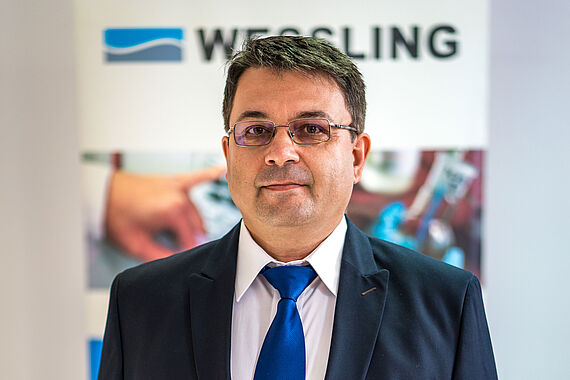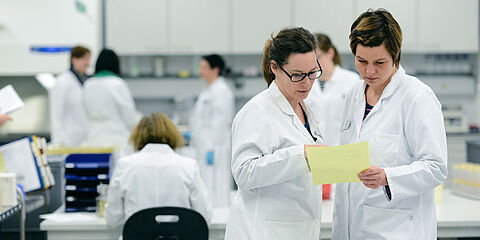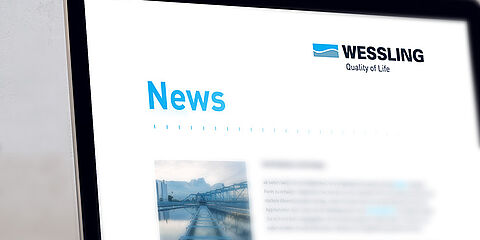The influence of the outdoor environment on indoor air quality
The harmful compounds released into the atmosphere by industrial activities in cities, by the extremely congested traffic of more and more cities in Romania, by a series of open construction sites in the middle of urban communities, load the air we breathe with dust and various chemical compounds that can increasingly affect human health.
Eng. Ioan POP, director of the Environmental Protection department of WESSLING Romania, spoke for Roaliment magazine about indoor air quality and how it is influenced by the outside environment, about the sources of atmospheric pollution in big cities, as well as how legislation and institutions responsible should protect citizens from the negative impact of air pollution.
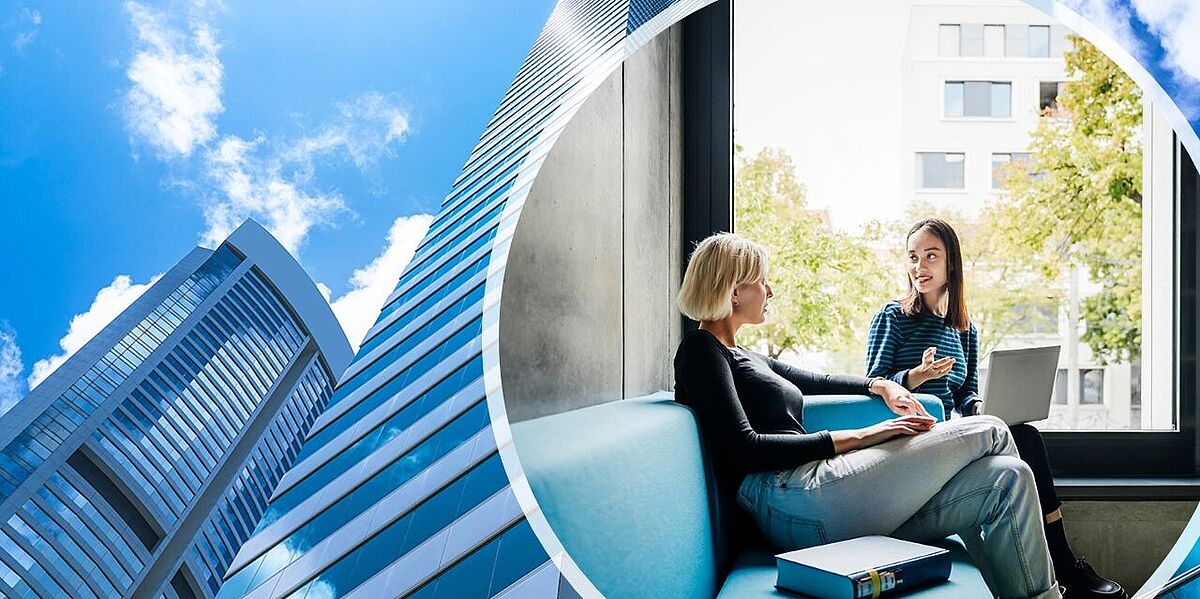
1. What influence does the development of the urban environment have on the quality of the indoor air we breathe?
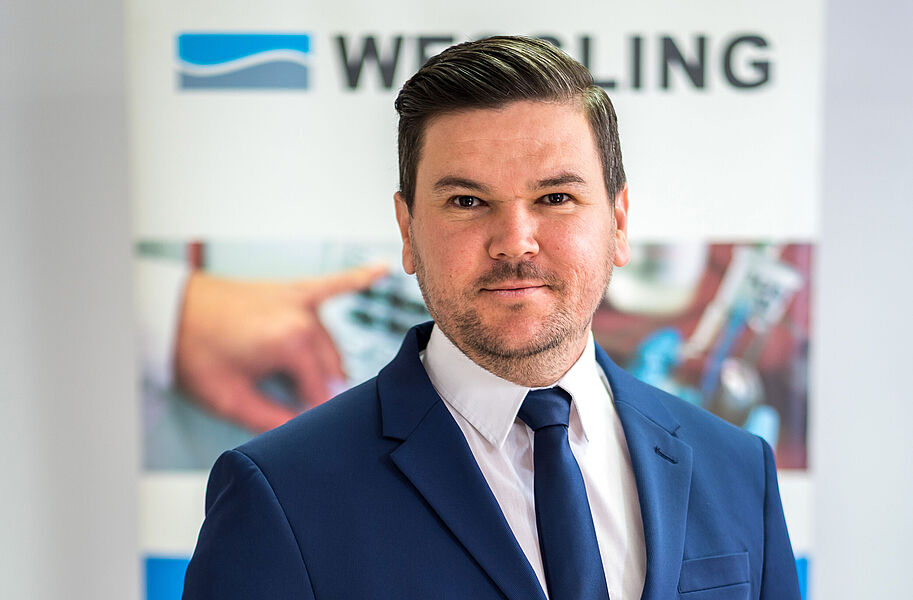
Ioan Pop: An intense industrial activity, congested traffic or many open construction sites show us the well-being of localities and their inhabitants, but we must not ignore the fact that numerous human settlements are located near these "hot" areas that can have a negative influence on air quality. Thus, the safety of the air inside our home becomes influenced by the intense activity around residential complexes. Often the breath of fresh air that we seek when we open the windows of the home can bring a series of chemical compounds dangerous to health, such as: VOCs, ammonia, hydrogen sulfide, carbon monoxide (CO), sulfur oxides and nitrogen, heavy metals, etc., or dust particles.
2. What can be the responsibilities and those responsible for protecting the population from the effects of atmospheric pollution?
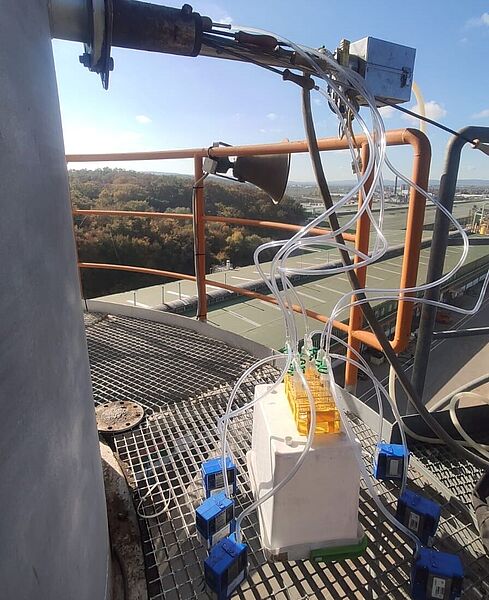
Ioan Pop: Urban development is desirable and supported by the authorities because it increases the well-being of local residents. But at the same time, there is also the responsibility of industrial companies to ensure the operation of the facilities within the parameters, to monitor and periodically check compliance with the legislation in the field of emissions, as well as the compliance of the optimal functioning of the filtration systems.
An important role belongs to the control bodies of the state, as well as the municipalities to think strategies, take actions, check and guarantee quality air for the residents.
Both the administrators of industrial platforms containing waste incineration plants, electricity production plants, refineries, plants for the production of masonry components, asphalt mixes, etc., as well as the control authorities (Environmental Guards) and municipalities must ensure and checks emissions and outdoor air quality with major influences on indoor air.
3. What measurements are provided in the legislation to monitor the emissions of industrial facilities in cities?
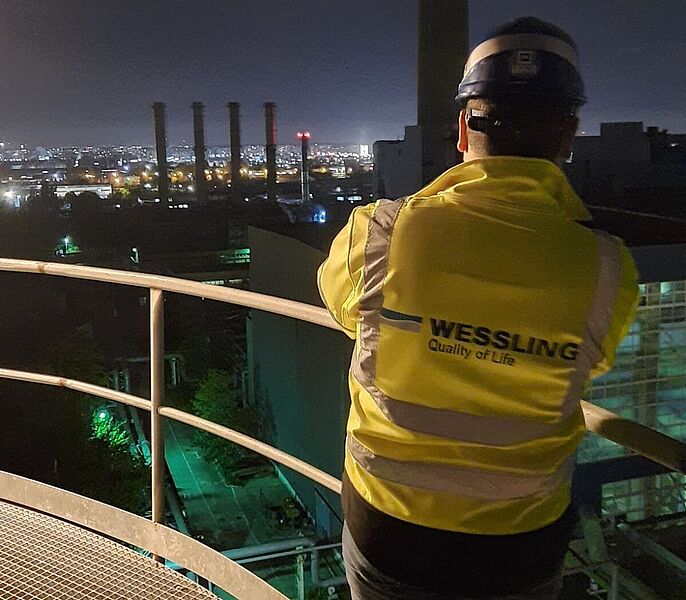
Ioan Pop: Is mandatory to carry out periodic emission measurements with verified and calibrated measuring equipment, respectively accredited according to the requirements of SR EN ISO/IEC 17025 and SR CEN/TS 15675. The main measurements required and also regulated by legislation that a industrial operator must perform them are:
- Initial and periodic emission measurements for industrial installations
- Continuous gas flow monitoring for indicators such as nitrogen oxides (NOx), carbon monoxide (CO), sulfur dioxide (SO₂), carbon dioxide (CO₂) and oxygen (O₂)
- Monitoring of inorganic gases such as sulfur oxides (SOx), hydrogen sulphide (H₂S), hydrochloric acid (HCl) and hydrofluoric acid (HF)
- Monitoring of organic gases such as benzene, toluene, xylenes and ethylbenzene (BTEX), formaldehyde, general aldehydes, total carbon (VOC) and amines
- Monitoring of dust and its constituents (heavy metals and semi-metals)
- Monitoring of highly toxic organic compounds, including dioxins and furans (PCDD/Fs), polychlorinated biphenyls (PCBs) and polycyclic aromatic hydrocarbons (PAHs)
- Coordination with the authorities
- Assistance in the preparation of documentation for the approval of installations
- Preparation of emission declarations
4. Where can measurements be taken?
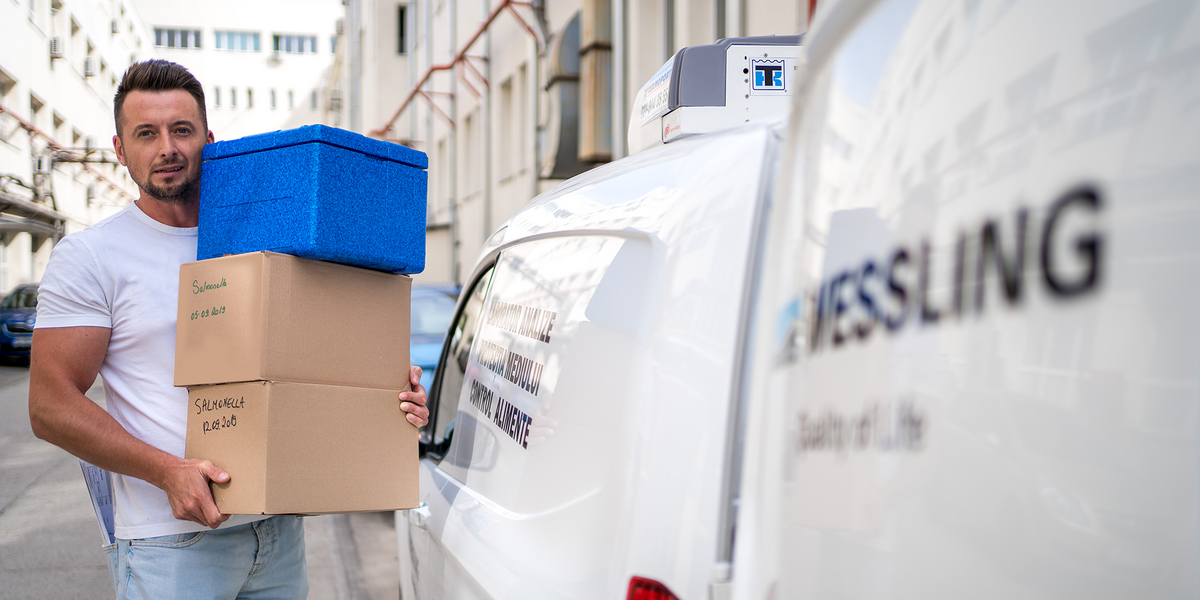
Ioan Pop: Legislatia prevede ca monitorizările periodice prevăzute în autorizația de funcționare să fie realizate de un laborator independent, imparțial, autorizat și acreditat.
WESSLING România deține acreditarea în măsurarea nivelului emisiilor și imisiilor și testează conformitatea cu valorile limită legale din instalații cu o tehnologie de măsurare performantă. Testarea probelor se realizează în laboratorul acreditat. Specialiștii diviziei de consultanță pot pregăti, la solicitare, declarațiile de emisii și oferă asistență în pregătirea documentației pentru aprobarea instalațiilor.
Contact:
- Bakó Mihály
- +4 0752 062 396
- mihaly.bako@wessling.ro
